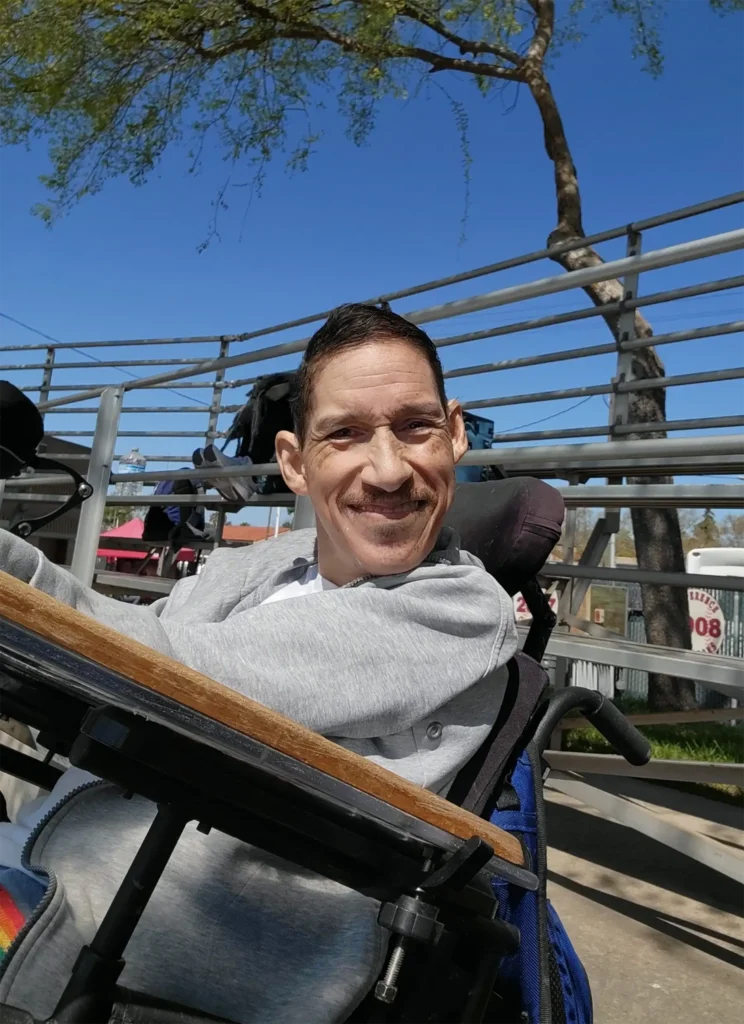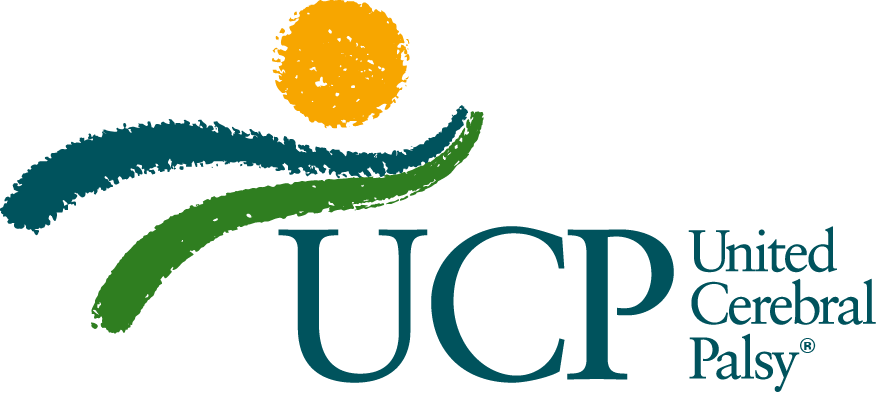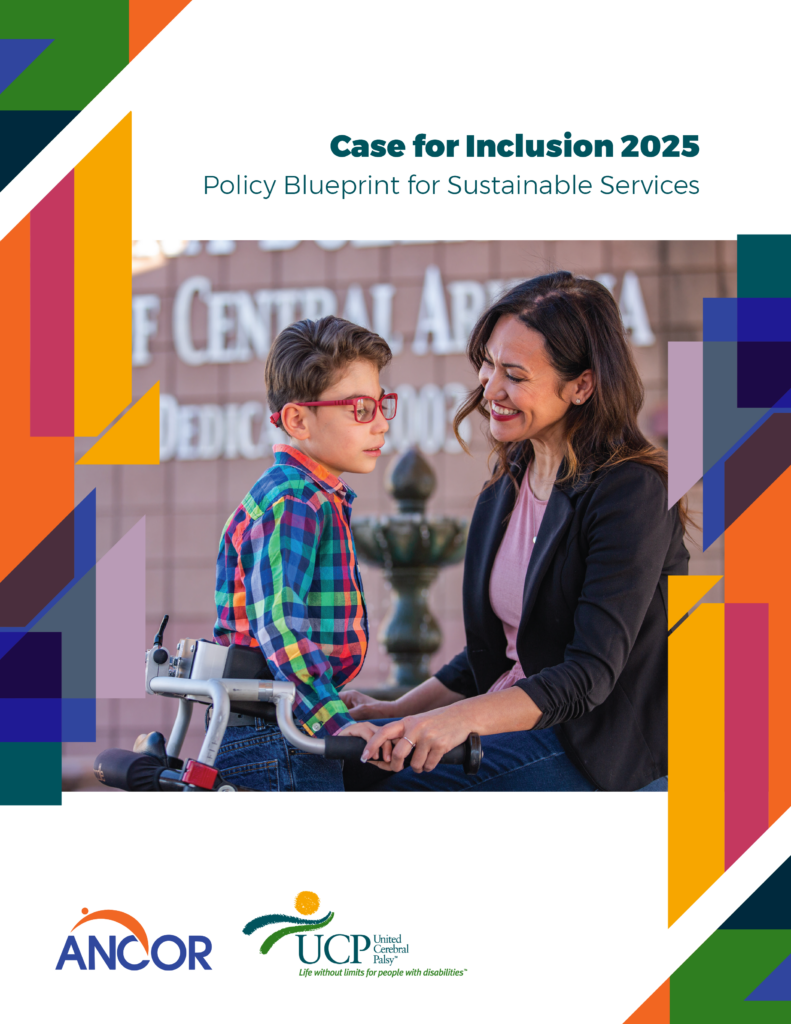Case for Inclusion
The Case for Inclusion report by UCP and ANCOR provides a comprehensive analysis of the status of disability services and supports across the United States. It evaluates each state’s performance in promoting independence, ensuring quality of life, and advancing rights and opportunities for individuals with intellectual and developmental disabilities (IDD).

Photo courtesy of UCP of Central California
Through quantitative data and qualitative analysis, the report highlights both areas of progress and areas needing improvement in disability services, including Medicaid policies, employment opportunities, housing options, and access to community-based services.
By identifying key trends and policy recommendations, the report is a valuable resource for policymakers, advocates, and stakeholders working to enhance the inclusion and well-being of individuals with disabilities nationwide.
About Our Key Publications
The Case for Inclusion is all about drawing connections between data that illustrate key challenges and solutions that make meaningful improvements in quality of life for people with IDD. It draws these connections through three different types of publications:
- Key Findings Reports: Published annually from 2006 until early 2024, these reports highlight new data made available over the past year, plus policy solutions to pursue in the year to come. These reports offer detailed insights about the challenges facing the IDD service delivery system, as well as recommendations for what all branches and levels of government can do to alleviate these challenges. Moving forward, this resource will be replaced with two distinct resources: Data Snapshots and Policy Blueprints.
- Data Snapshots: Beginning in late 2024, updated data are added to the Case for Inclusion website and featured in Data Snapshots, shorter, more targeted reports that offer timely insights about trends within IDD services.
- Policy Blueprints: Whereas Data Snapshots give texture to the challenges facing people with IDD to live a life without limits in their homes and communities, Policy Blueprints outline what federal and state governments can do to move the needle on key challenges, as well as what advocates can do to bring those solutions to fruition.
Get Involved
Getting involved in advocacy for disabilities at the local, state, and national levels can make a meaningful difference in the lives of people with disabilities. Here are some ways you can get involved:
Join Disability Rights Organizations
Become a member of organizations such as the National Council on Independent Living (NCIL), the National Disability Rights Network (NDRN), or local disability advocacy groups.
Contact Elected Officials
Write letters, make phone calls, or attend town hall meetings to advocate for disability rights and legislation that supports people with disabilities.
Participate in Advocacy Campaigns
Join campaigns that raise awareness and advocate for specific disability rights issues, such as accessible transportation, housing, or education.
Attend and Organize Events
Attend rallies, marches, and events that promote disability rights. Consider organizing events in your community to raise awareness.
Share Your Story
Share your experiences living with a disability or advocating for someone with a disability to educate others and inspire change.
Volunteer
Offer your time and skills to organizations that support people with disabilities, such as volunteering at a local disability center or offering pro bono services.
Stay Informed
Stay updated on disability rights issues by following relevant news, blogs, and social media channels. Share information with your network to raise awareness.
Support Inclusive Policies
Advocate for policies that promote inclusivity and accessibility in your community, workplace, and public spaces.
Educate Others
Educate your friends, family, and community members about disability rights and the importance of inclusion and accessibility.
Vote
Exercise your right to vote and support candidates who prioritize disability rights and inclusion in their platforms.


